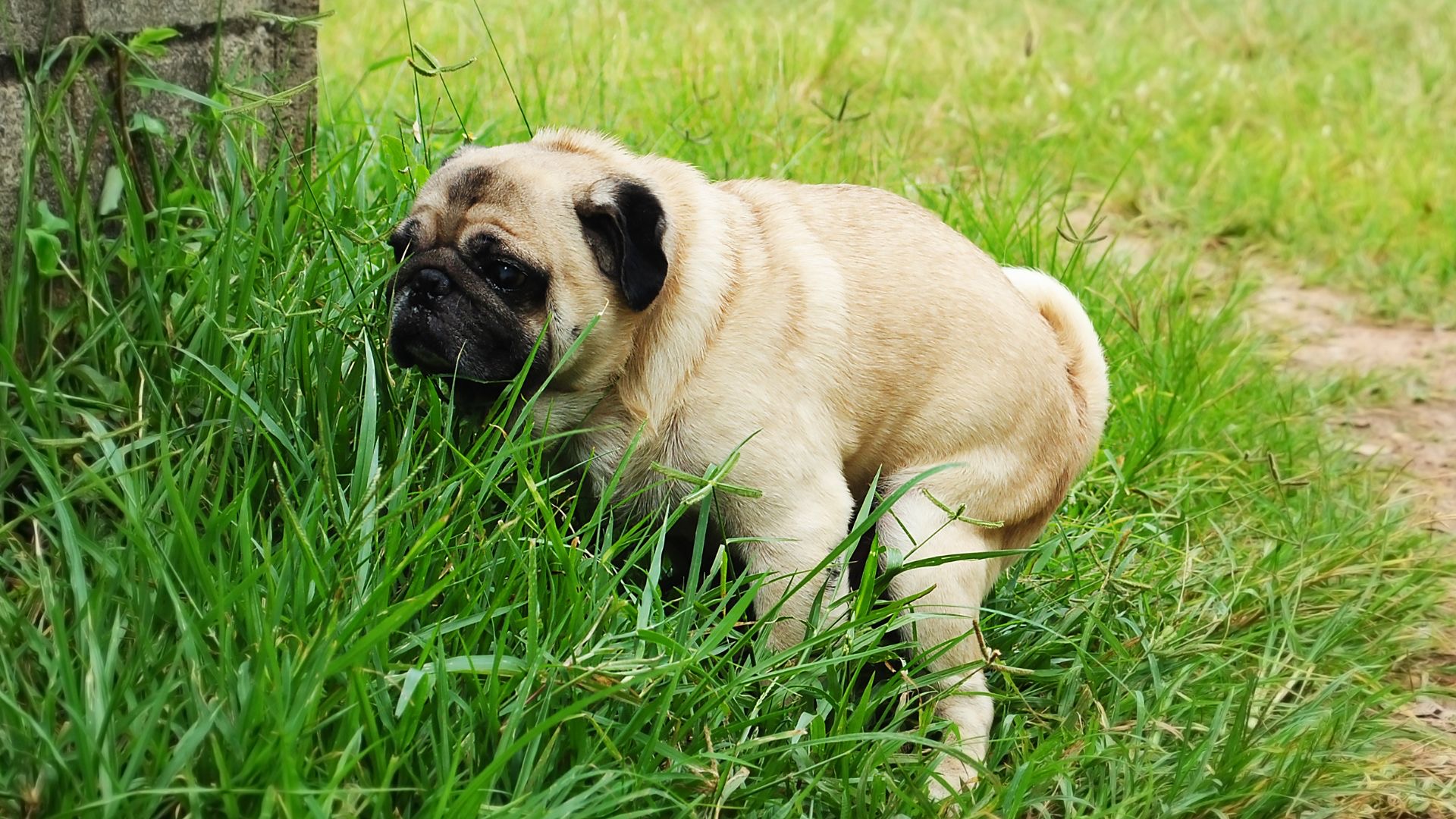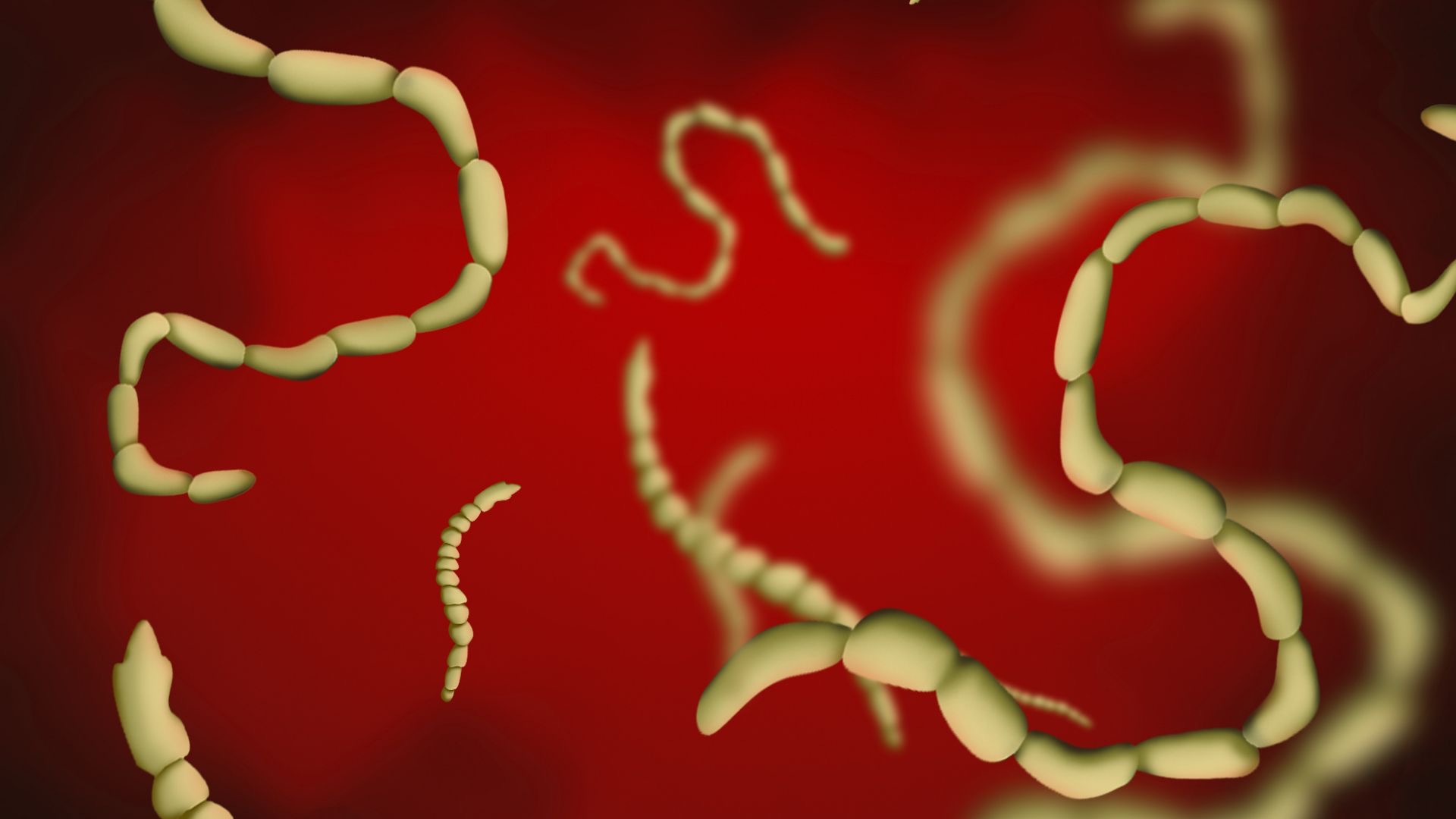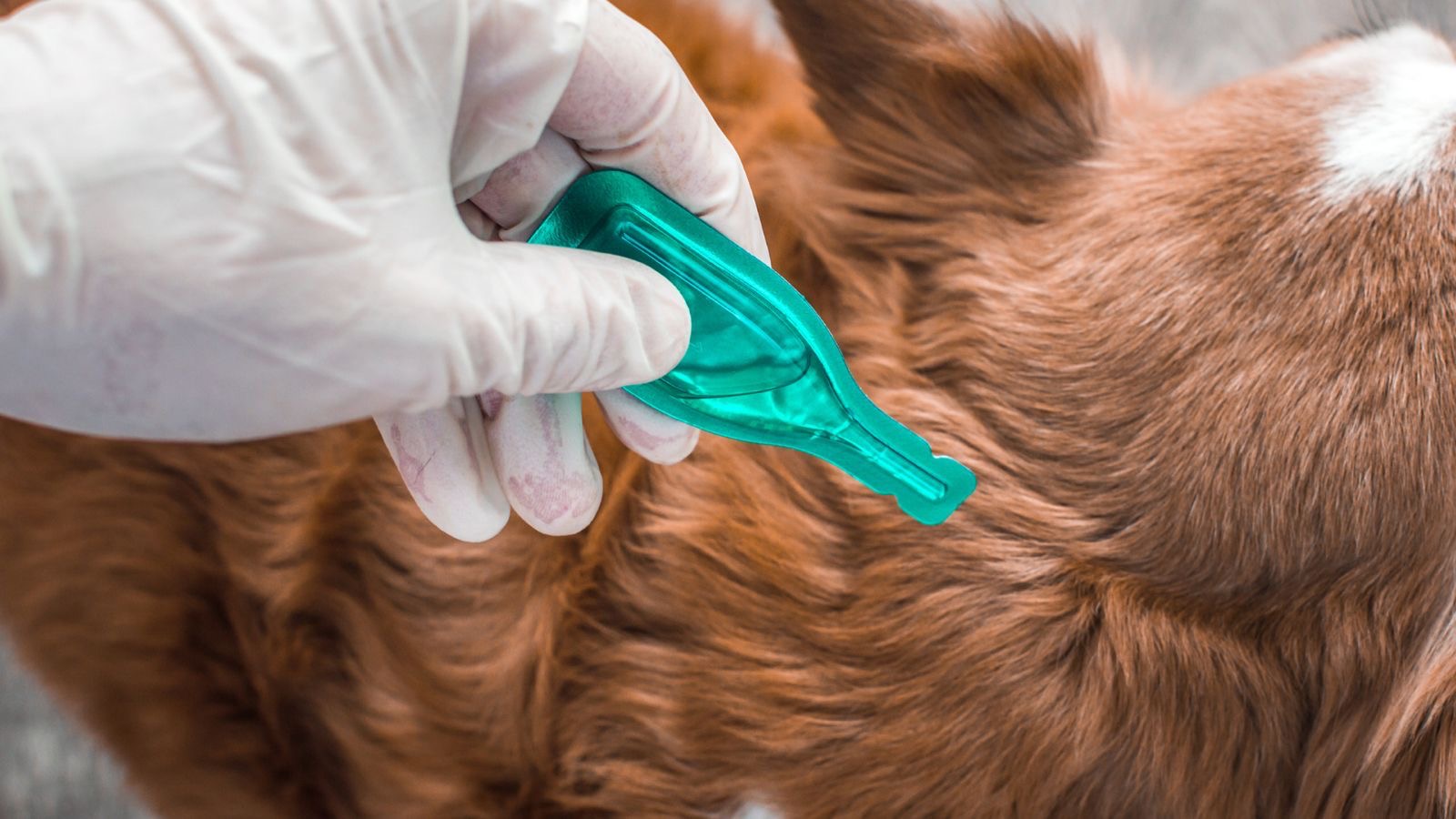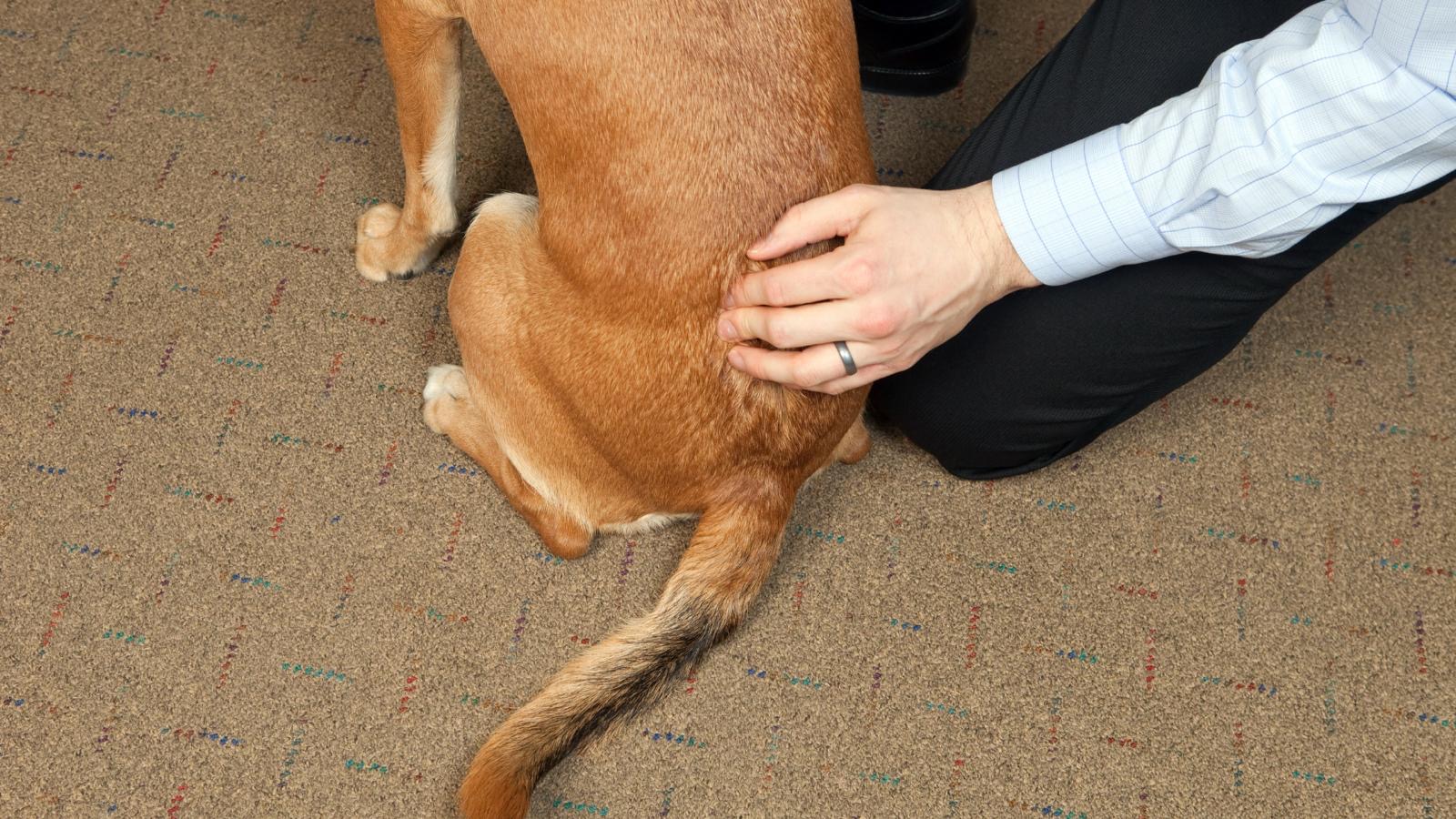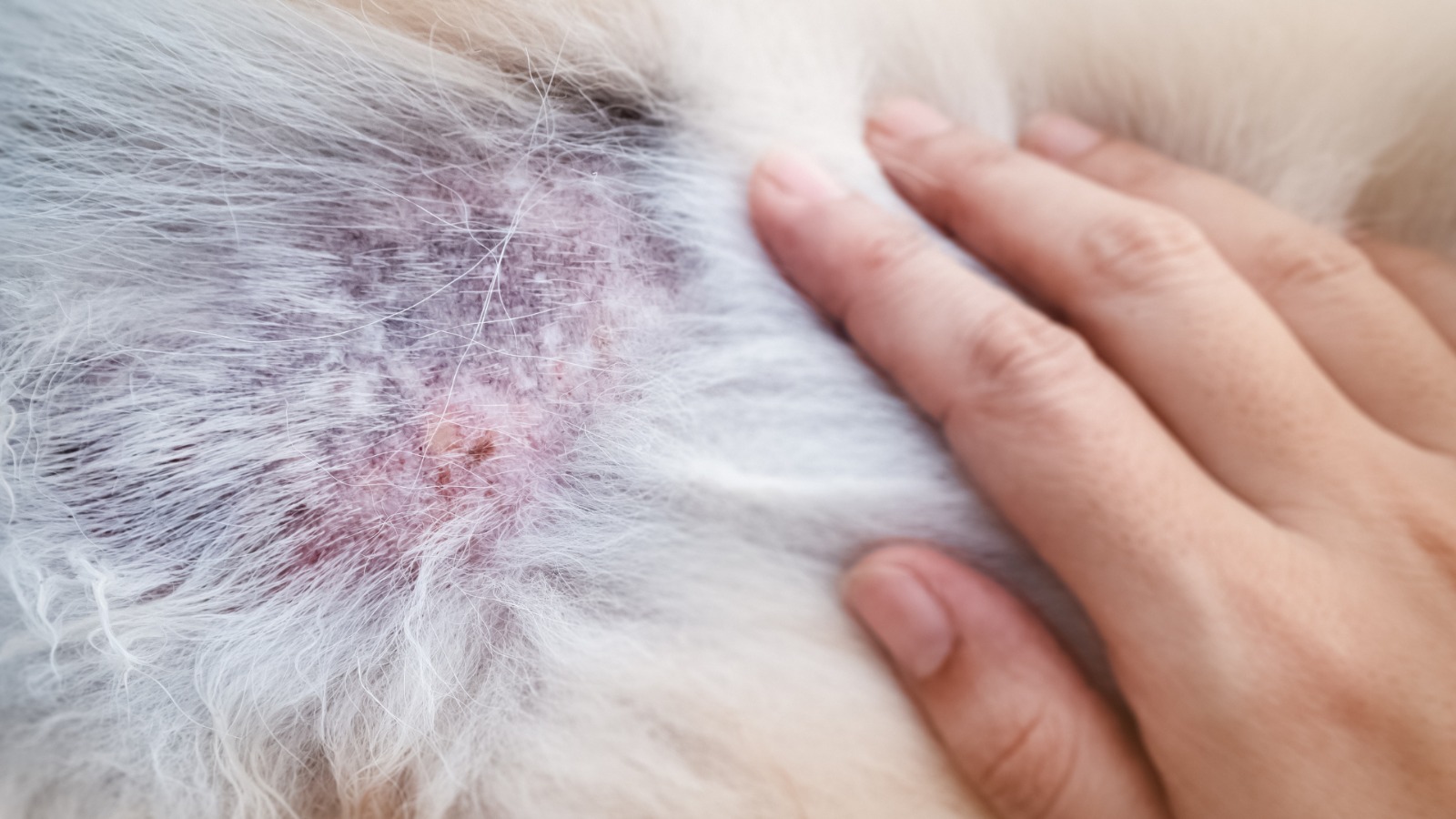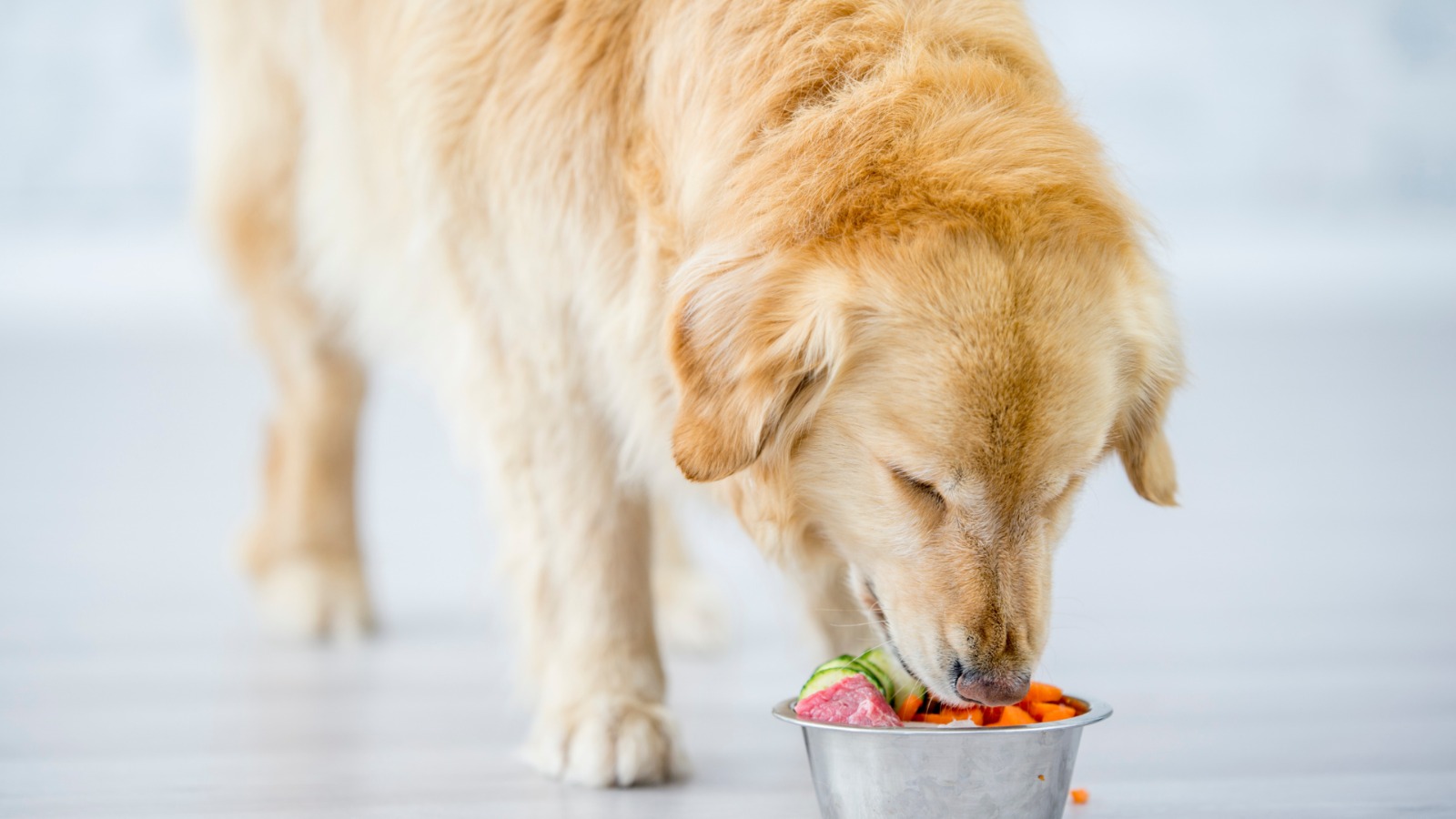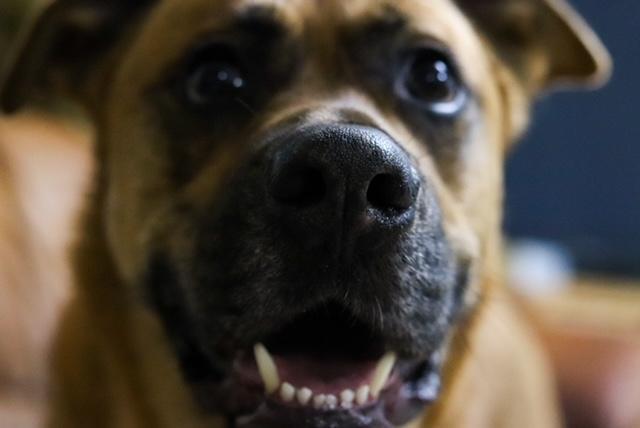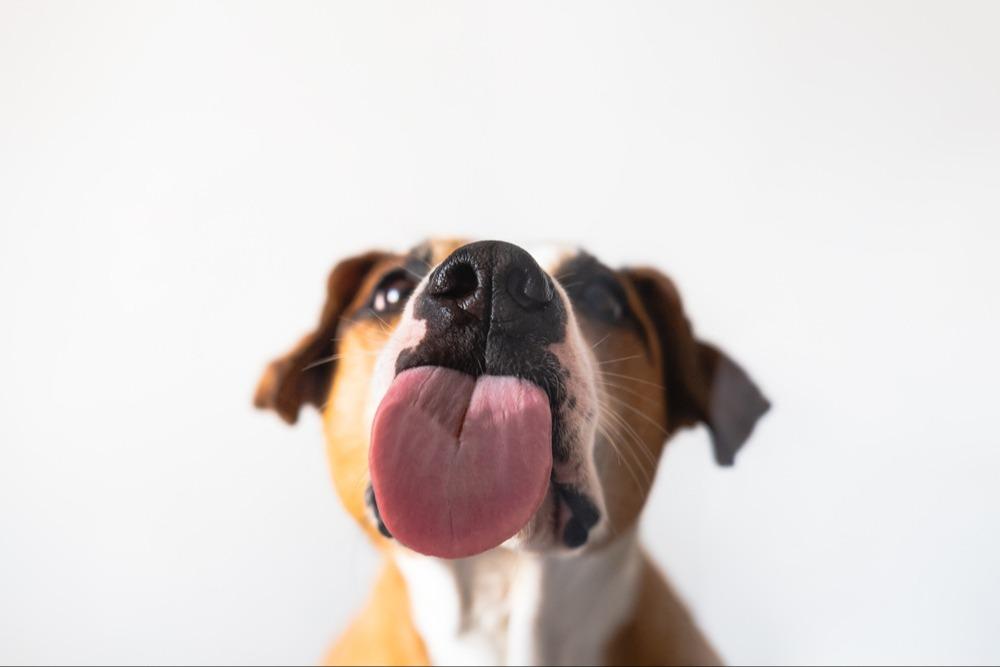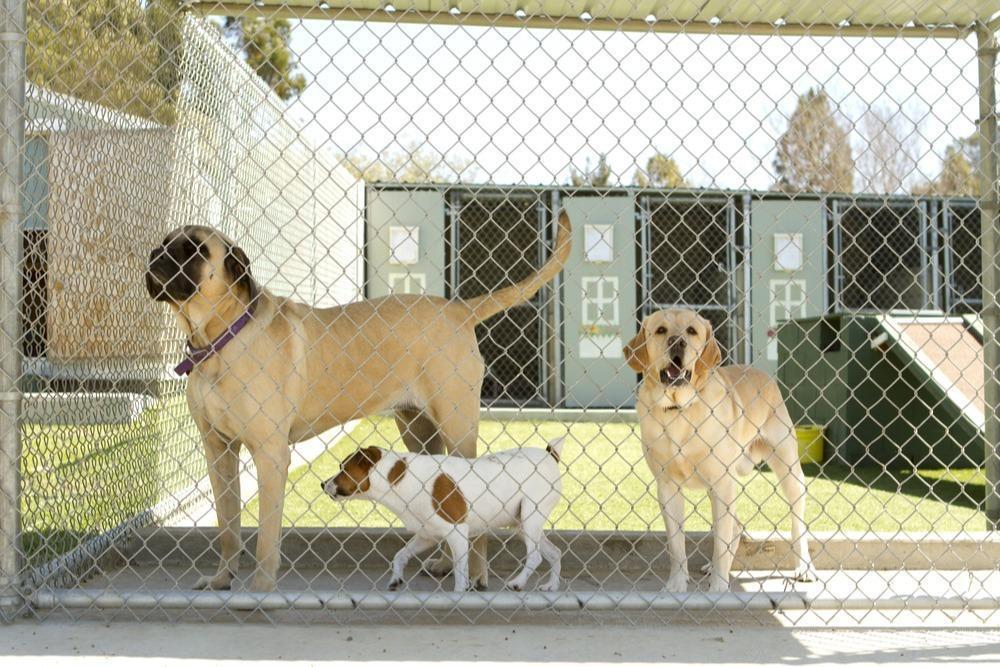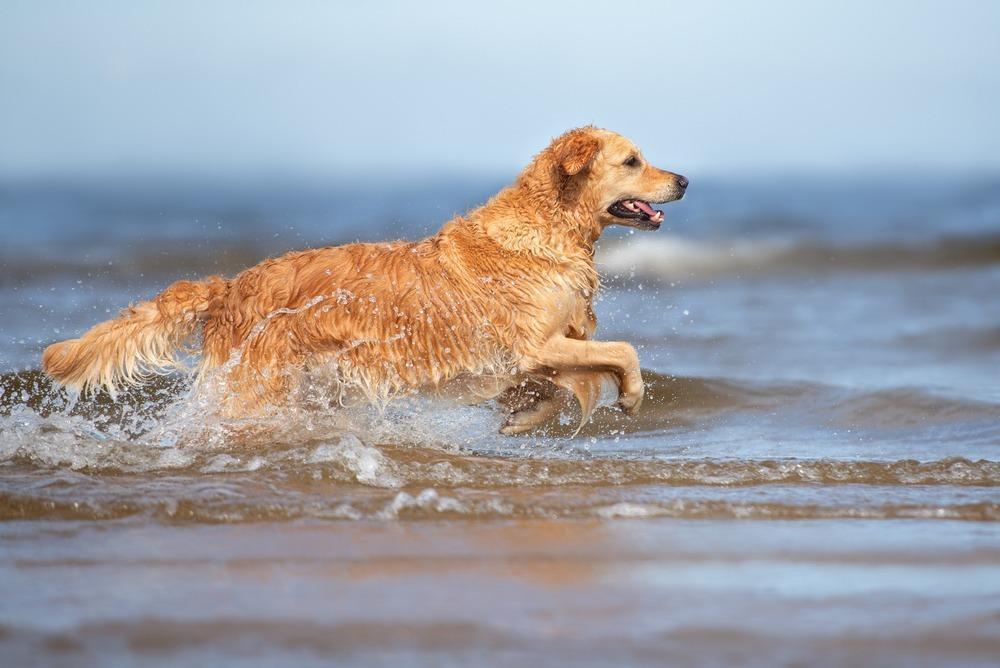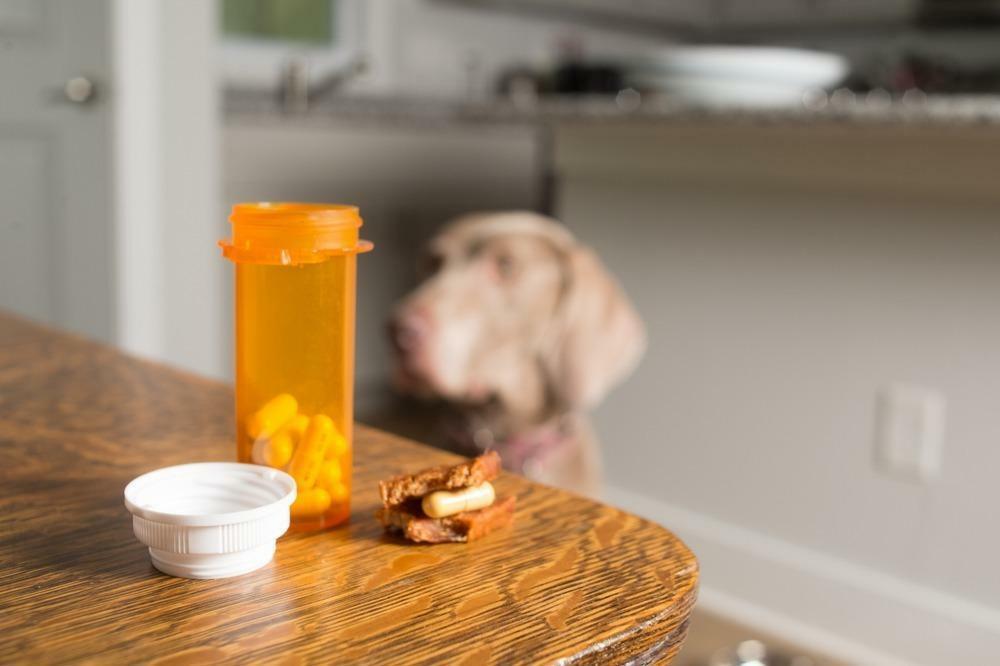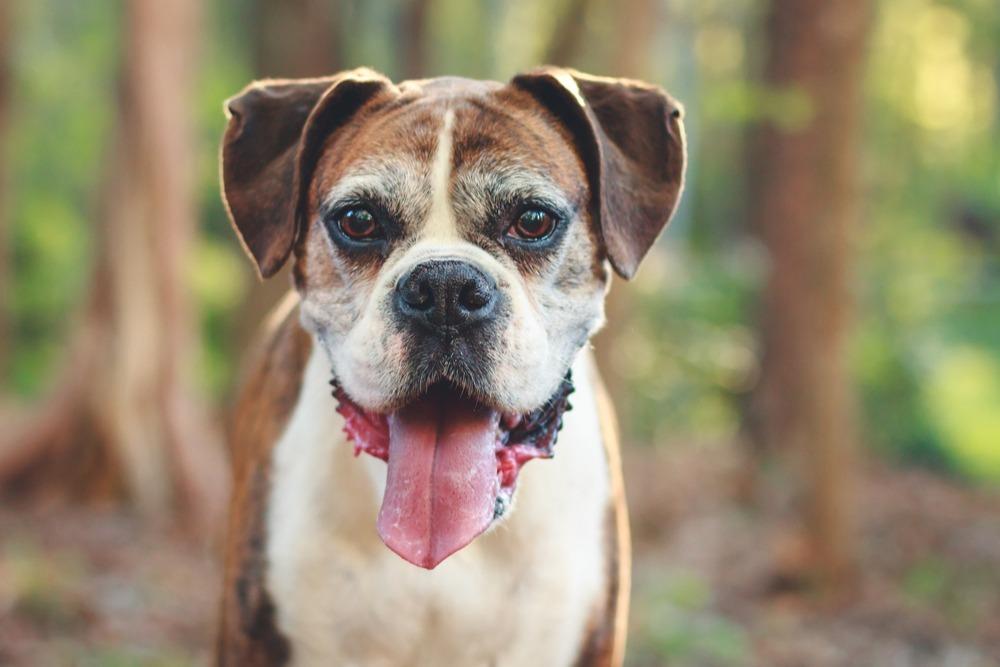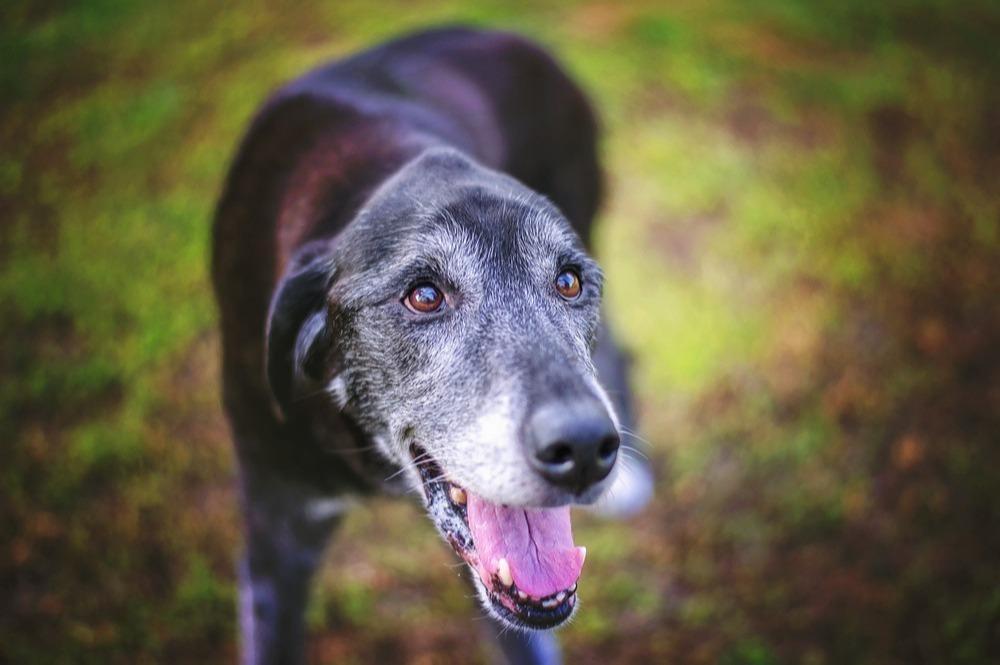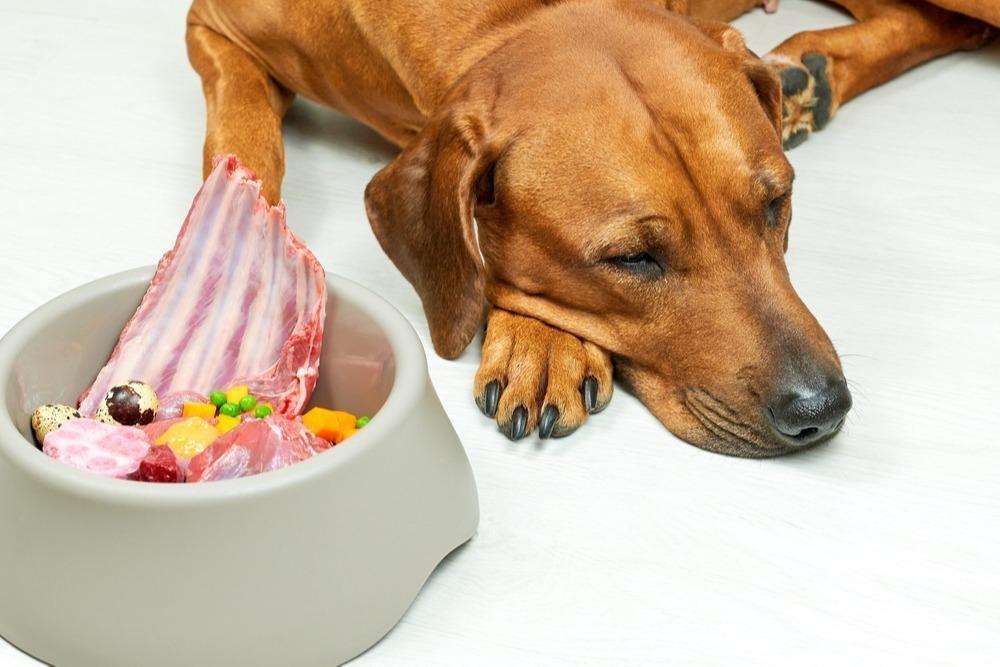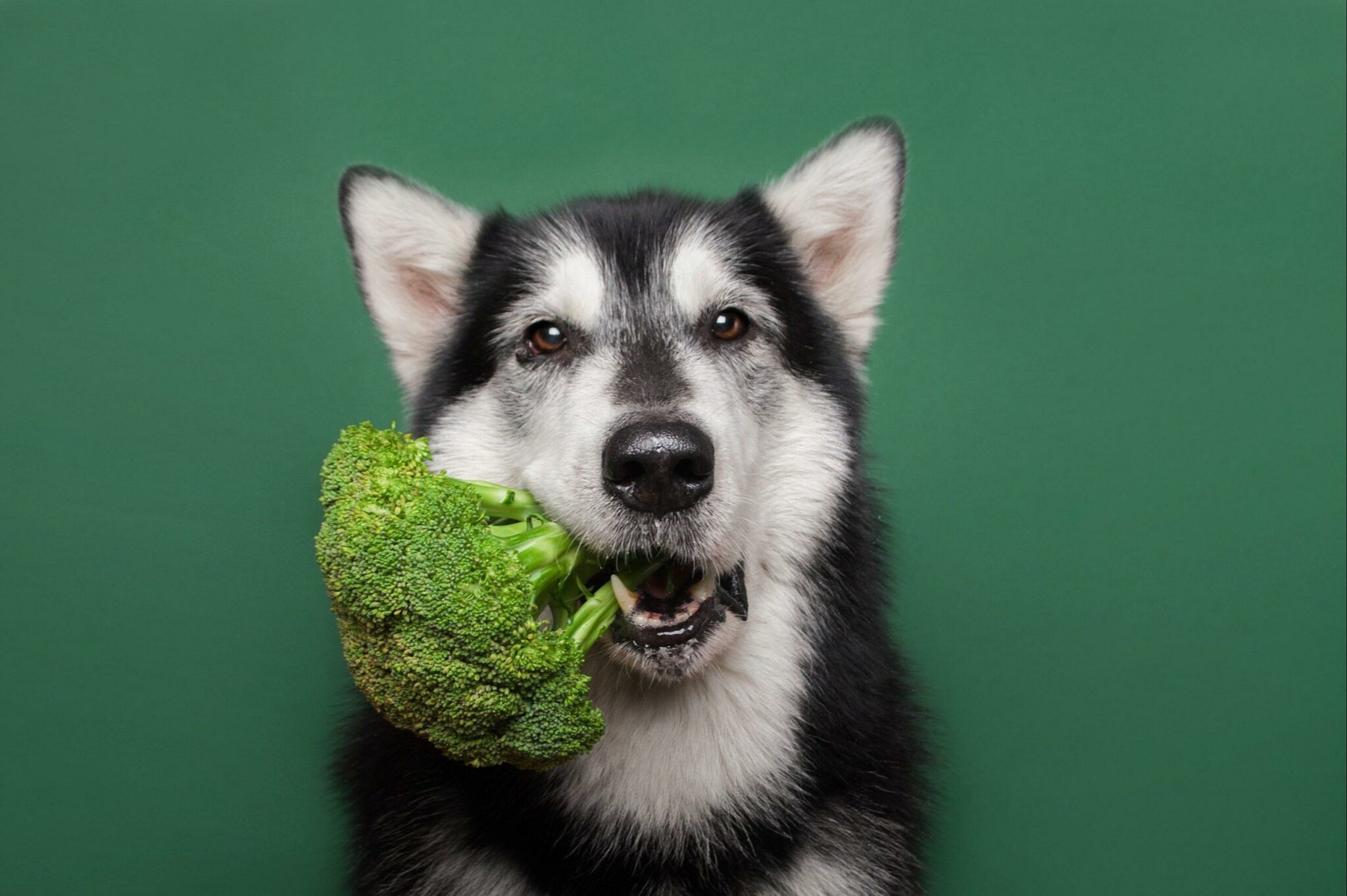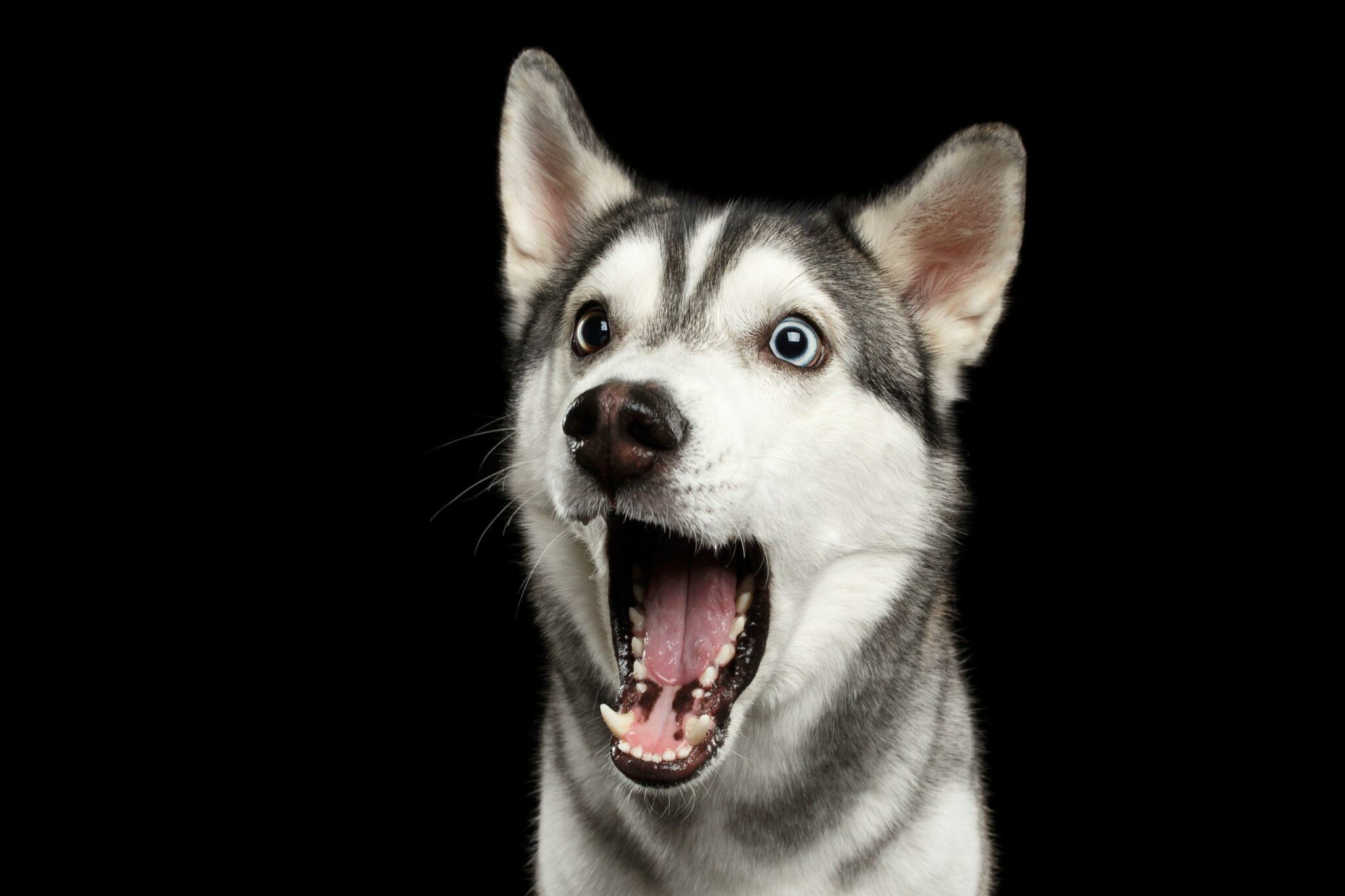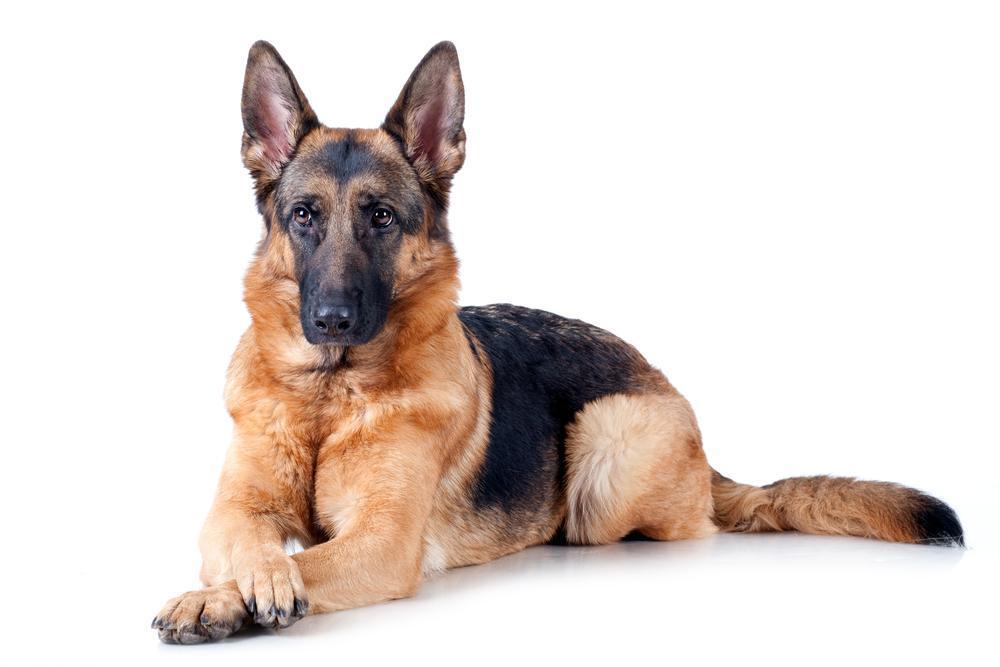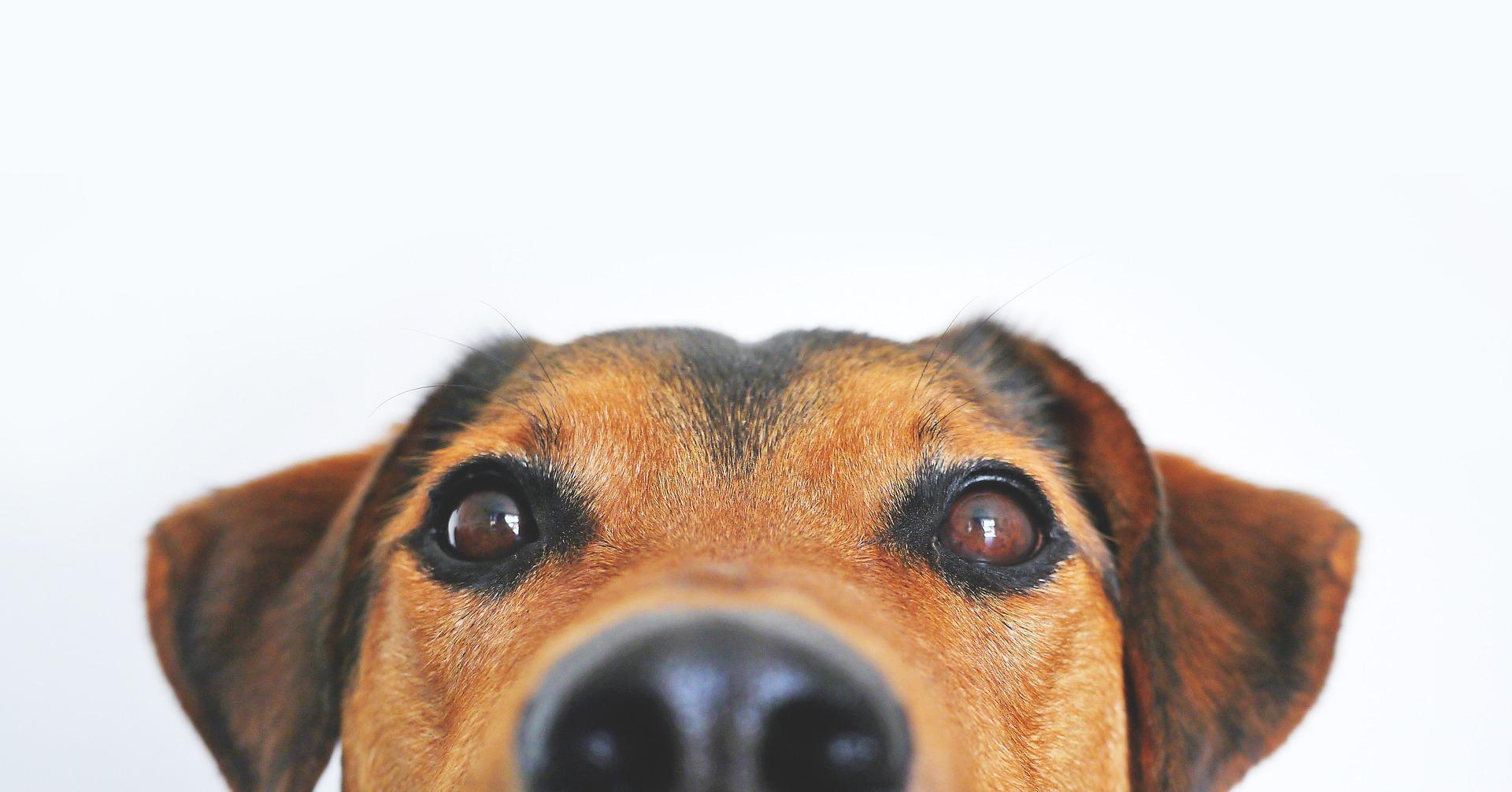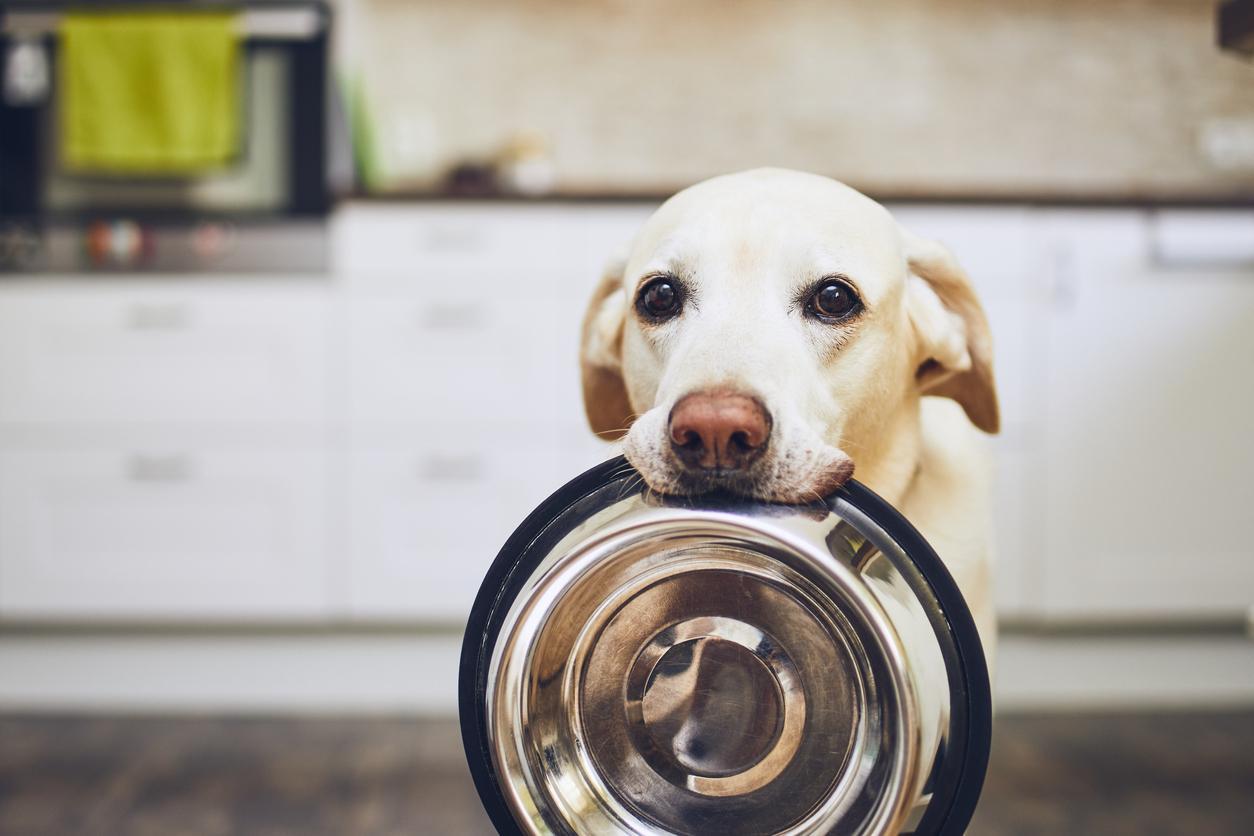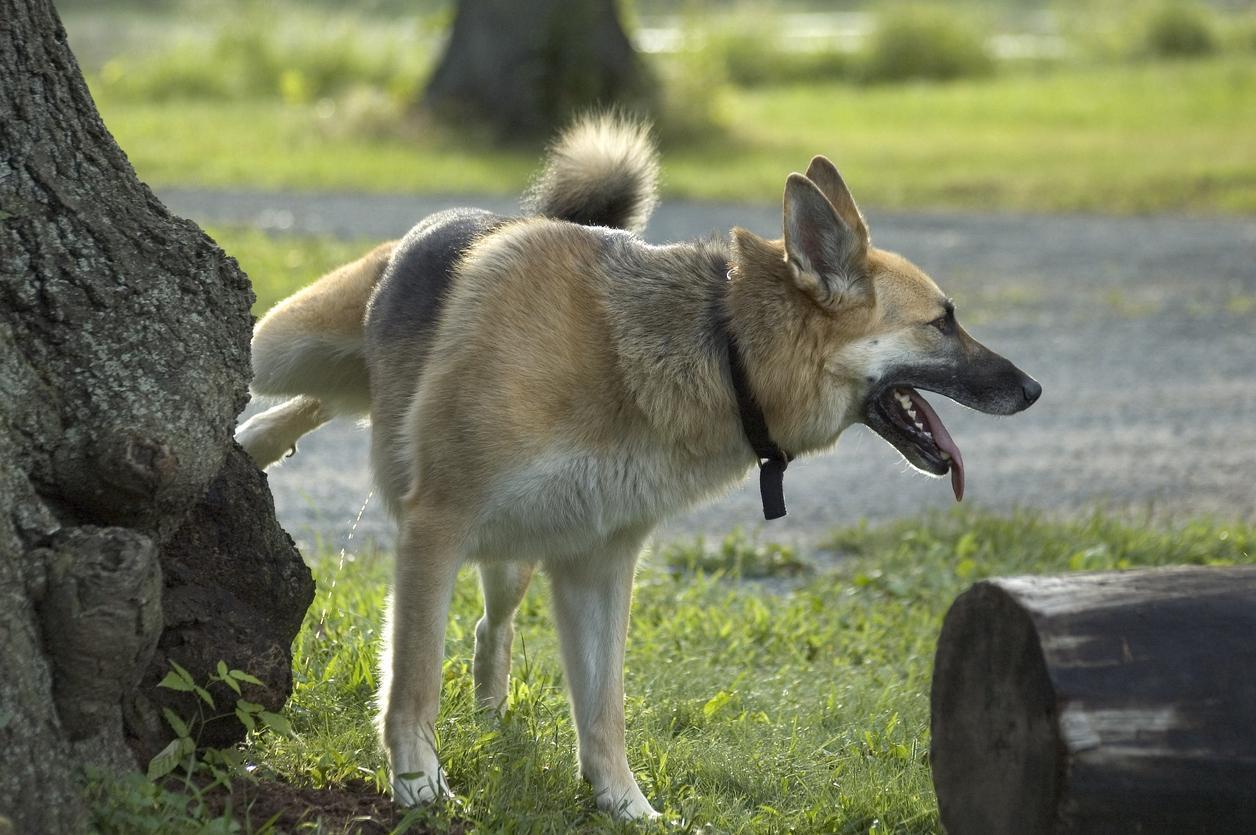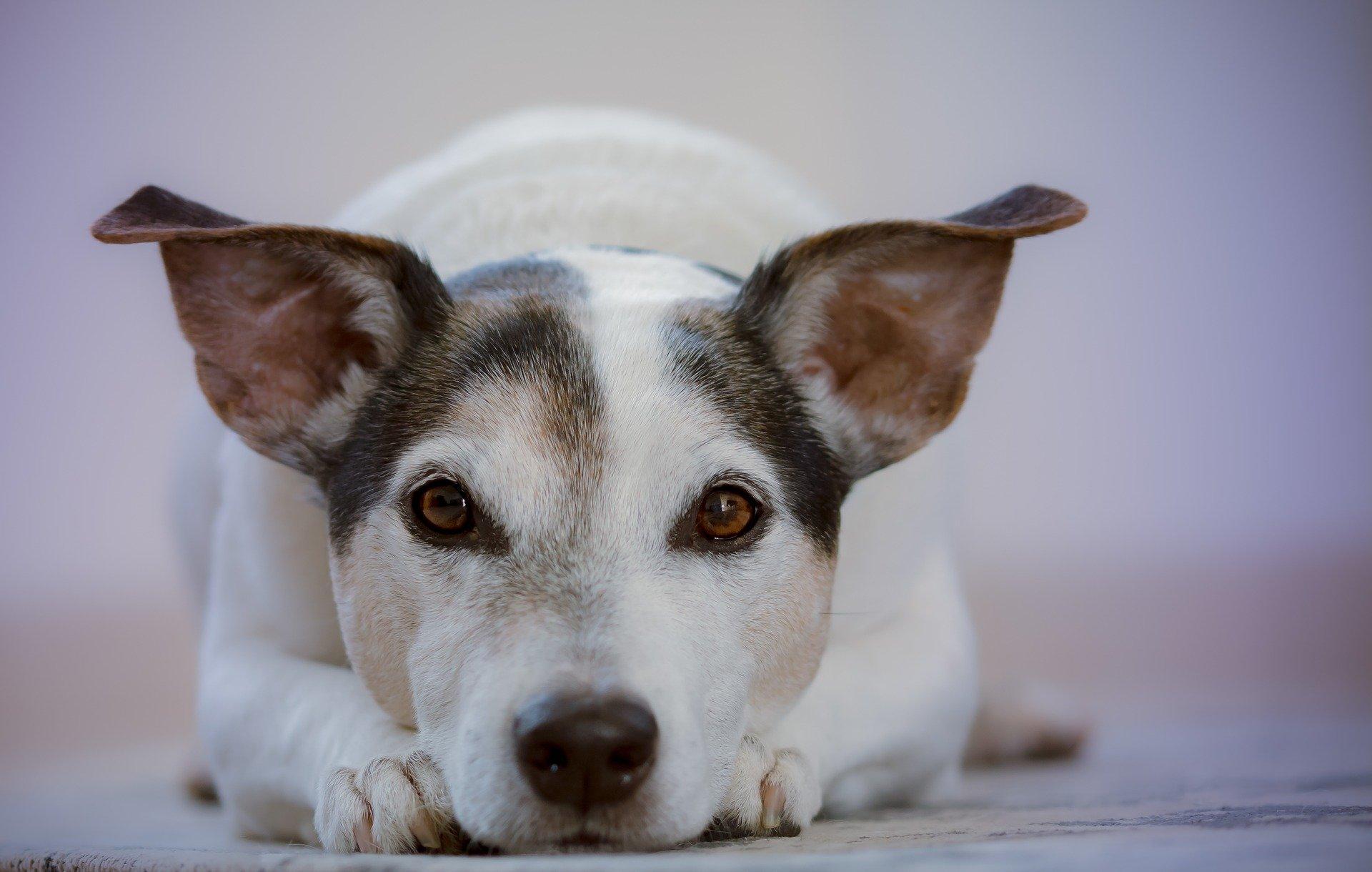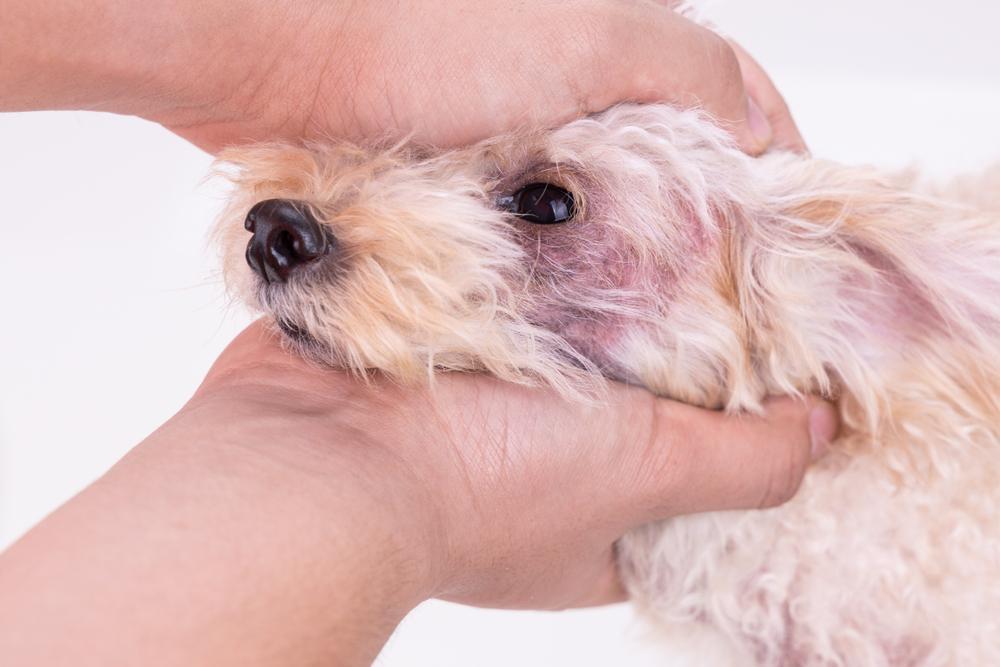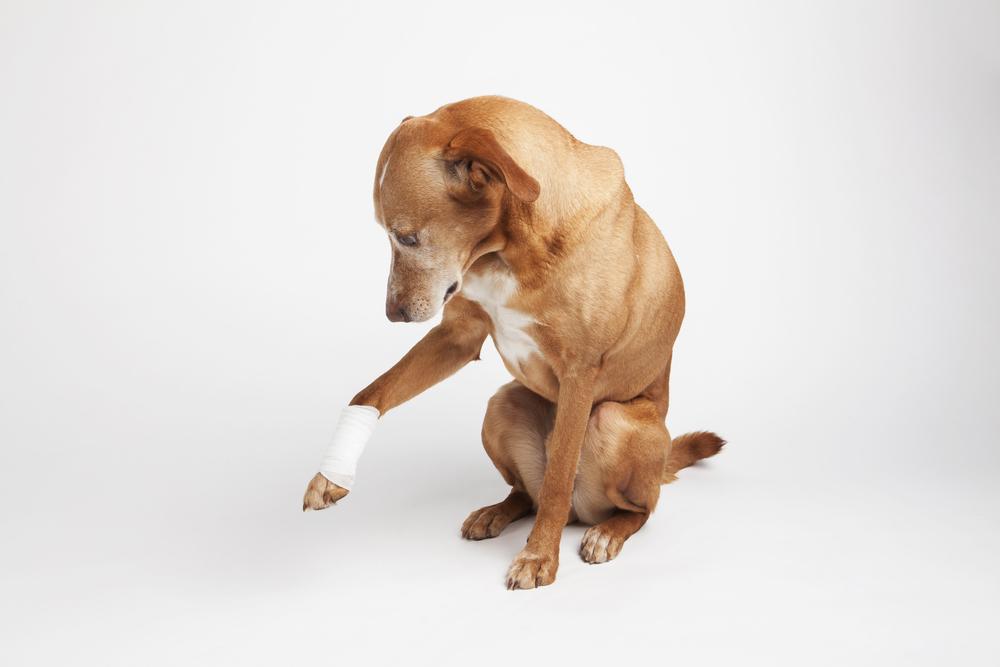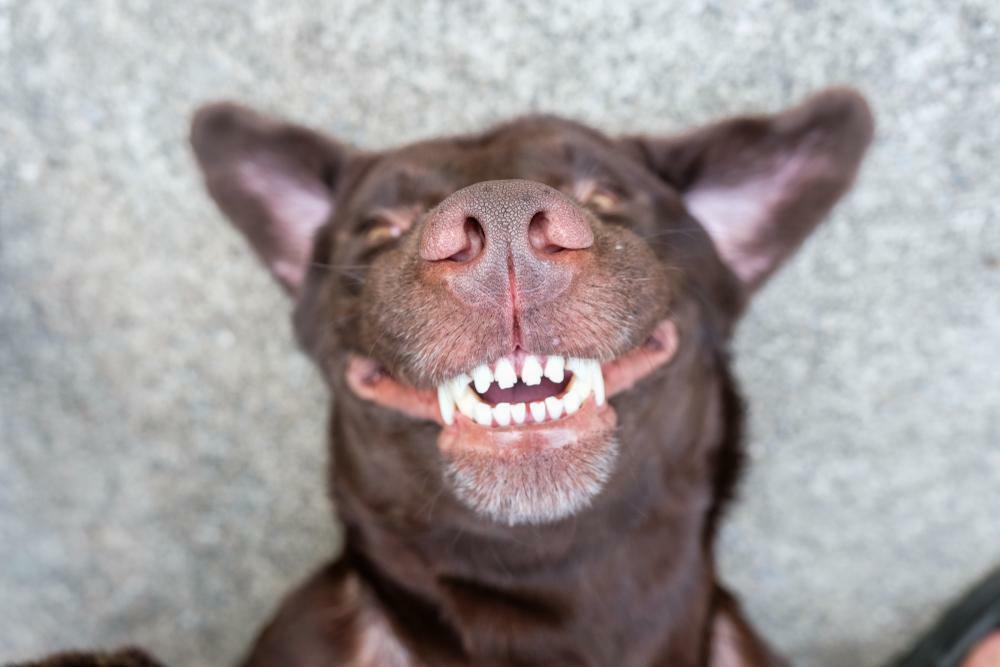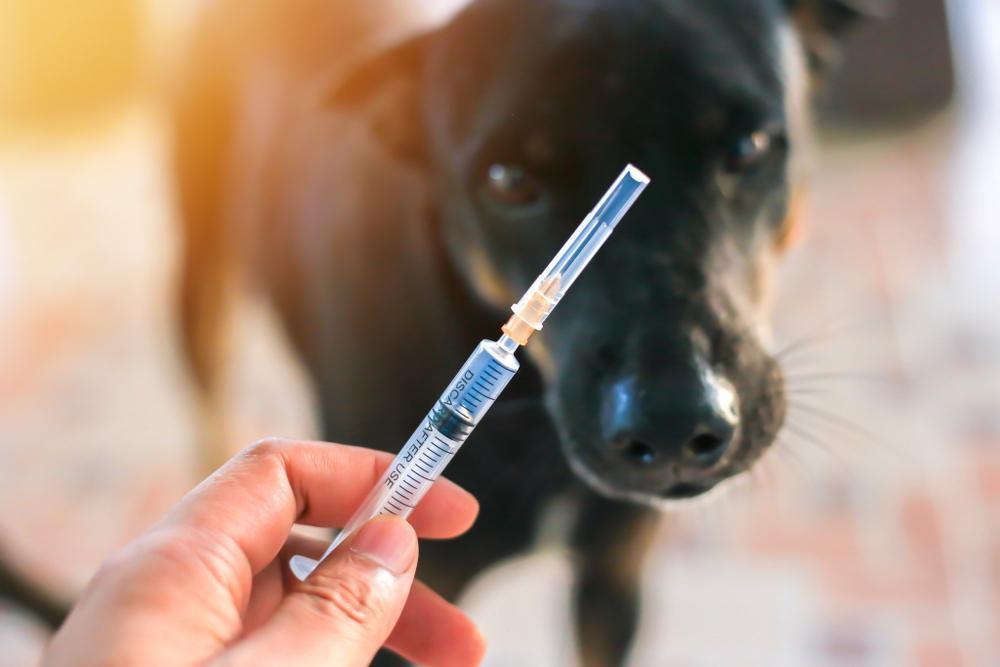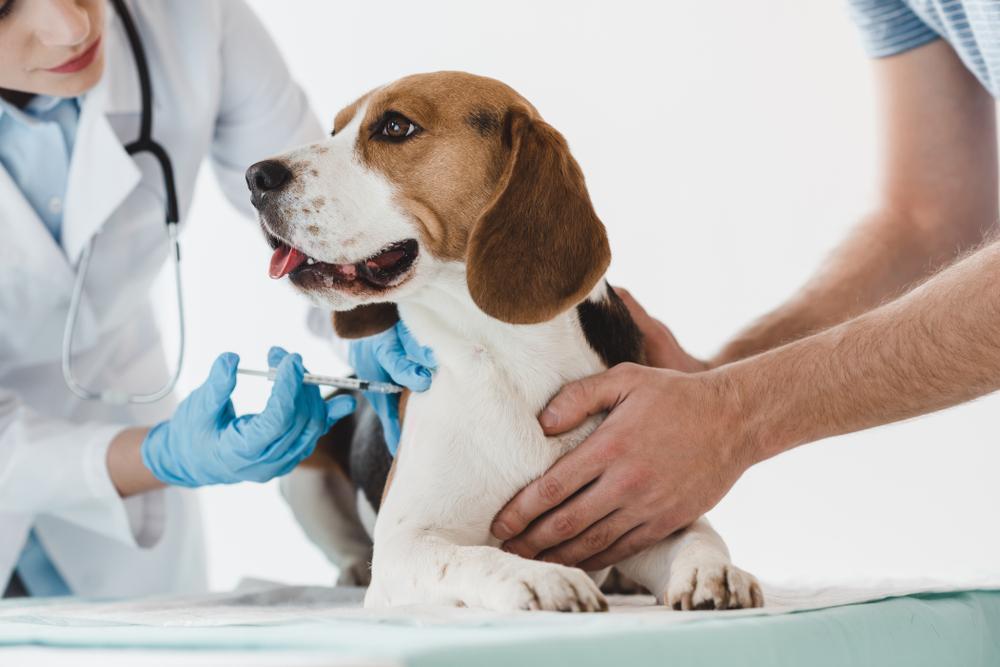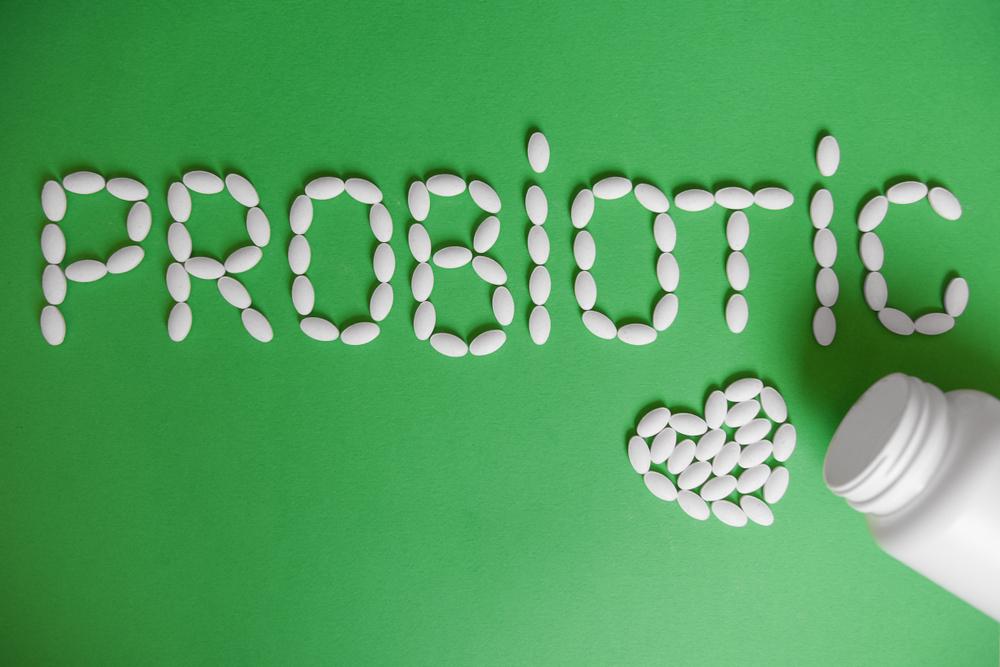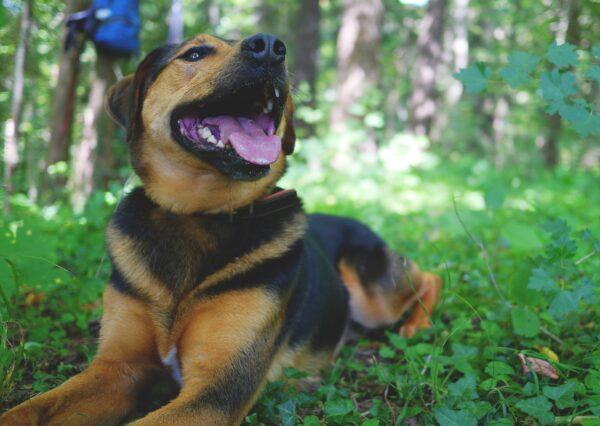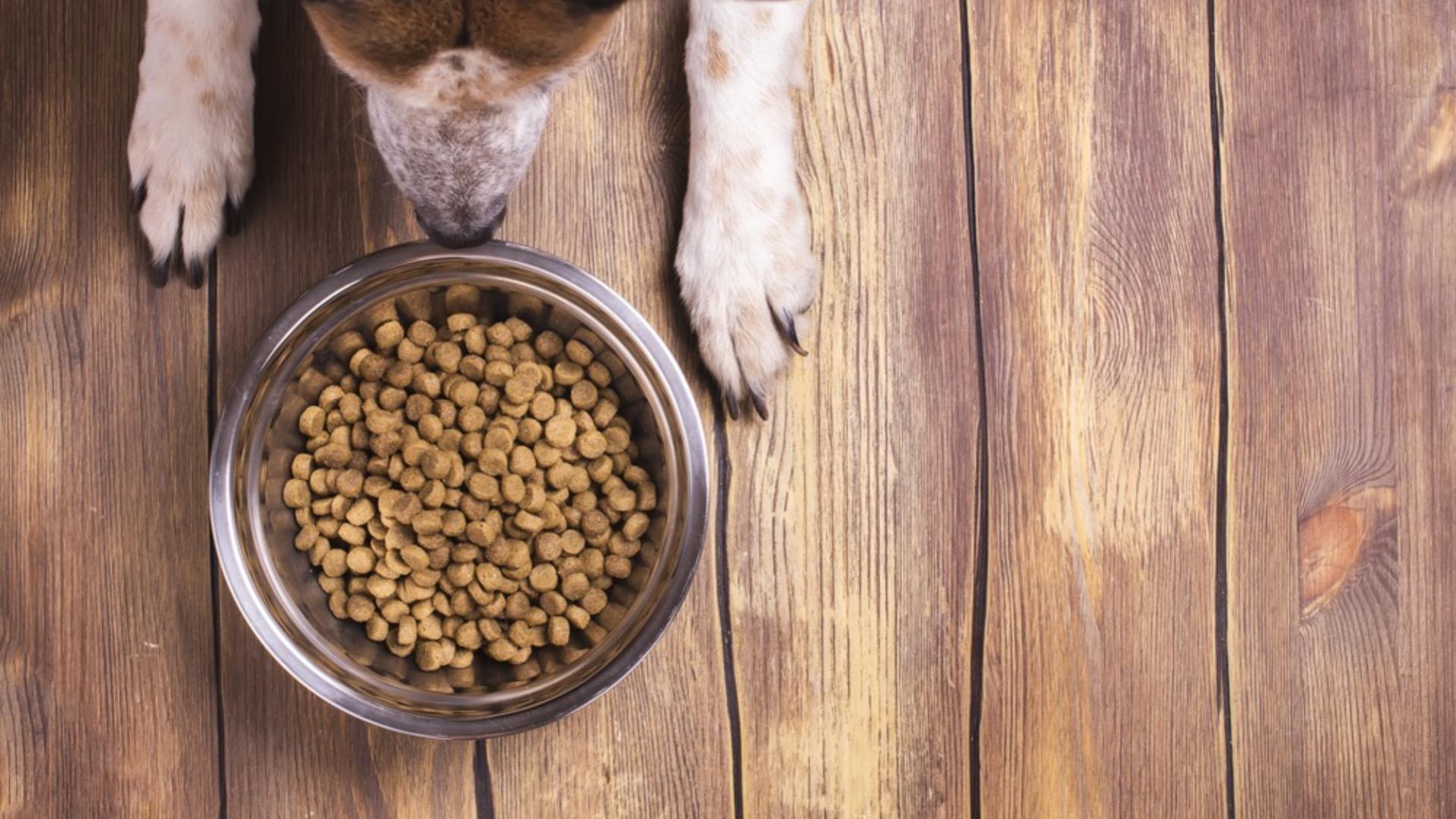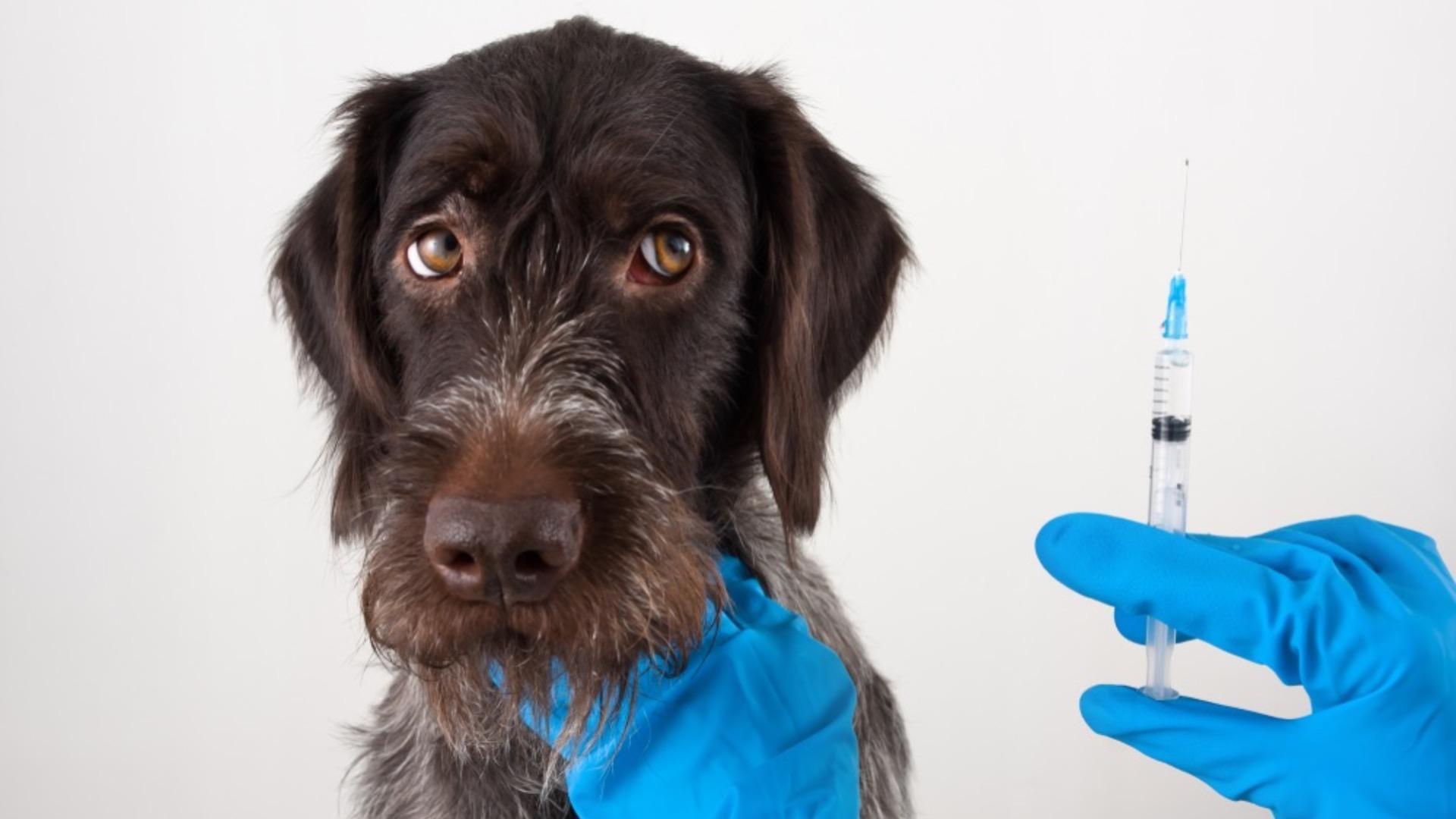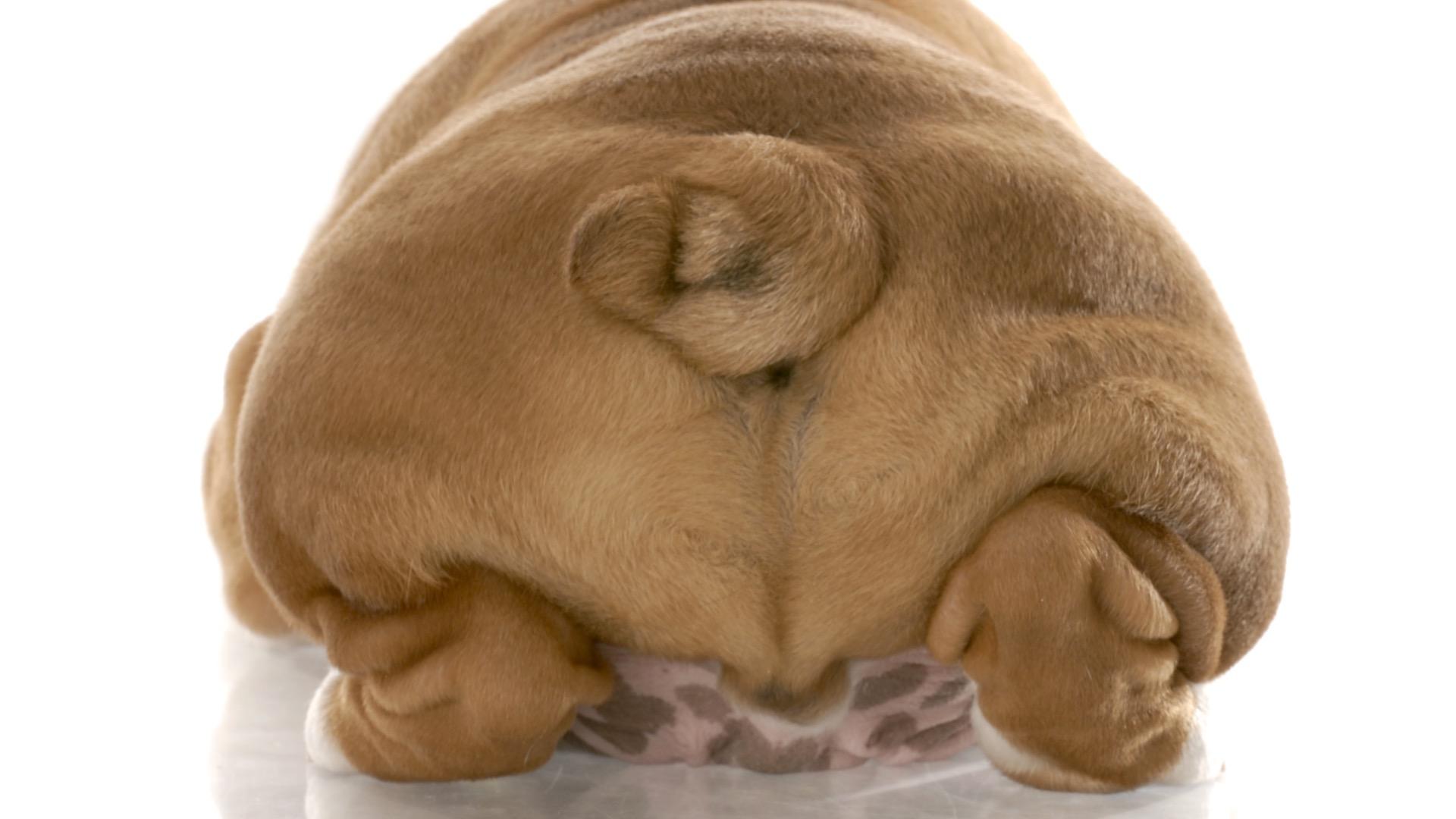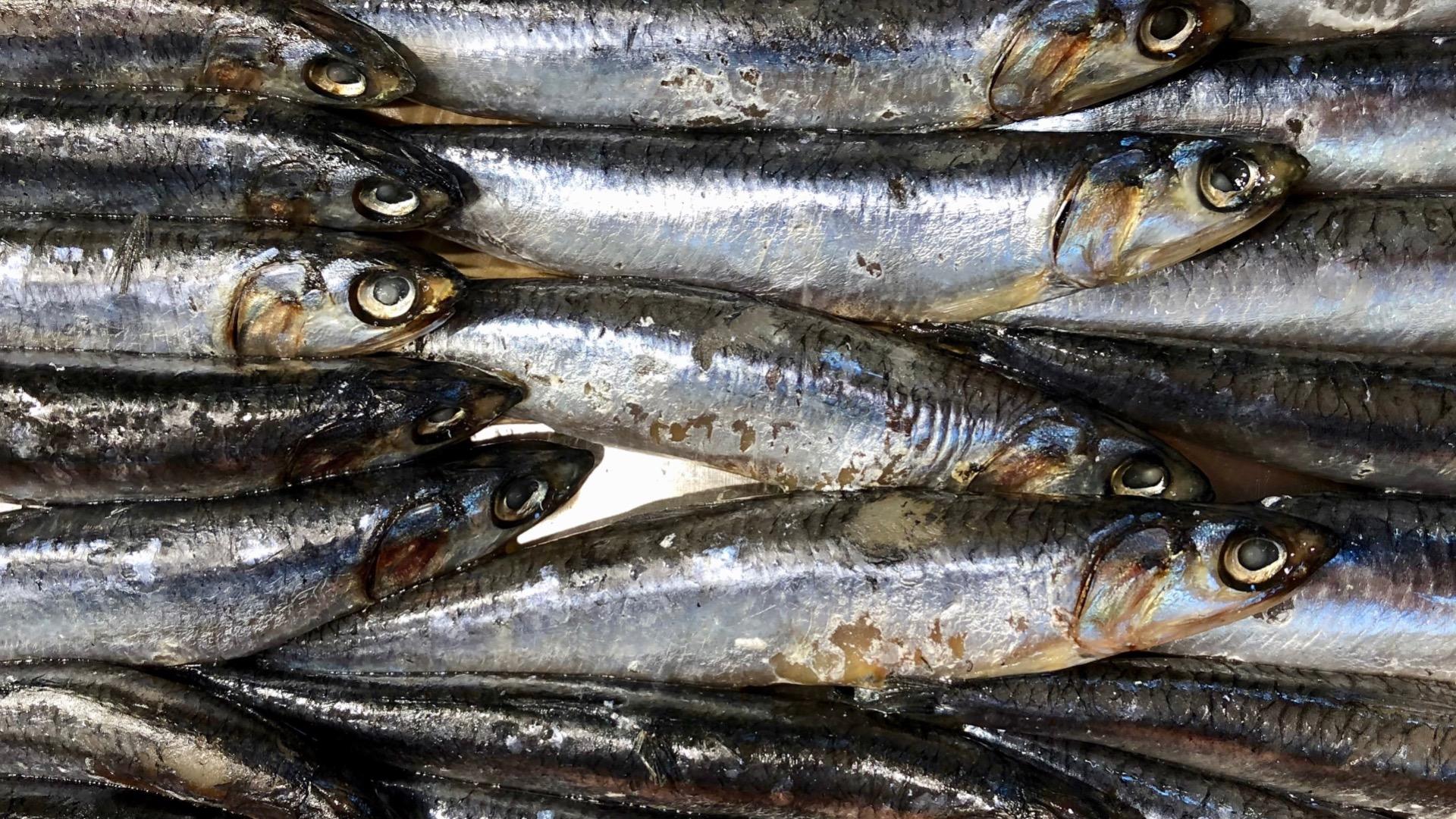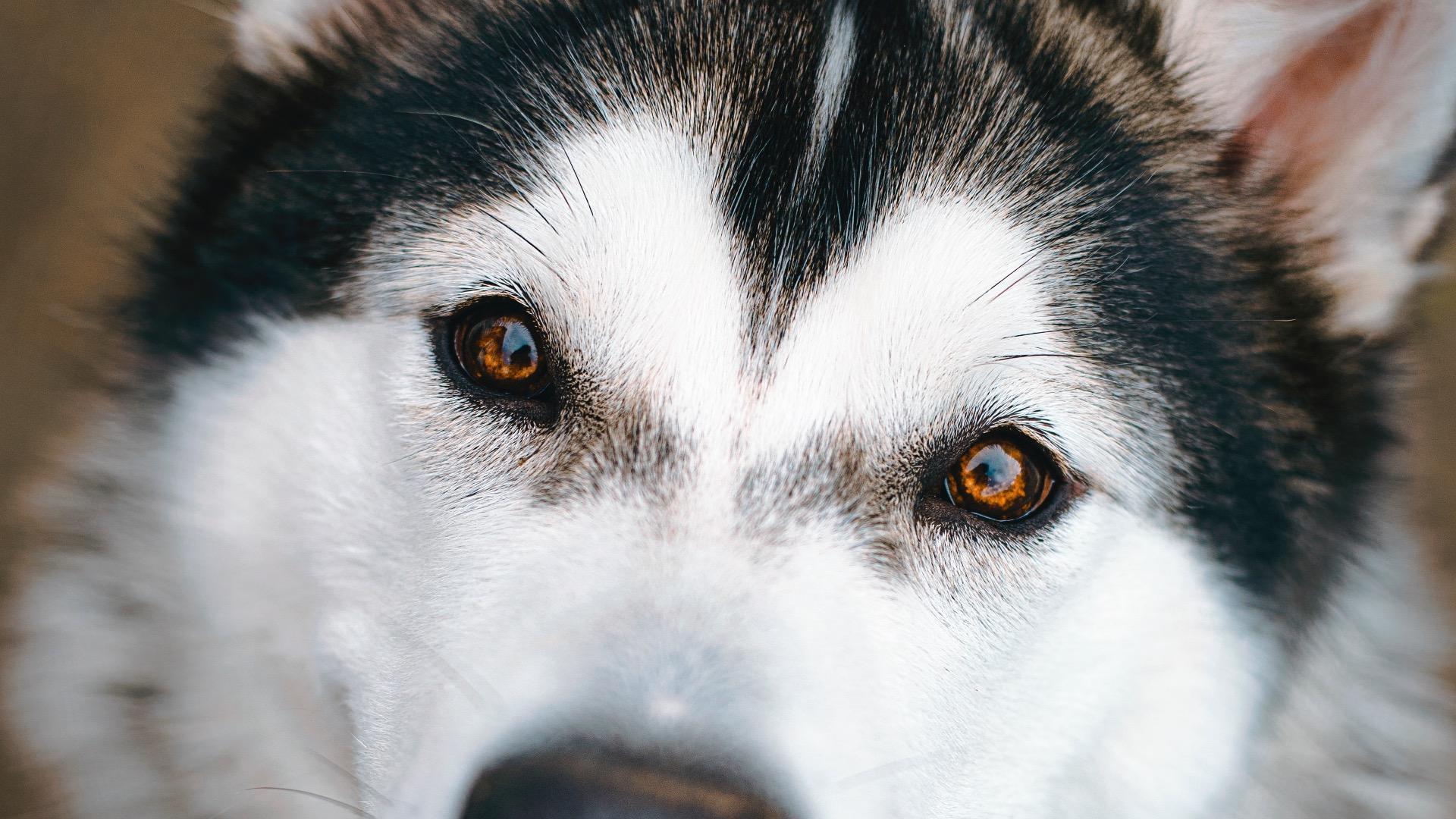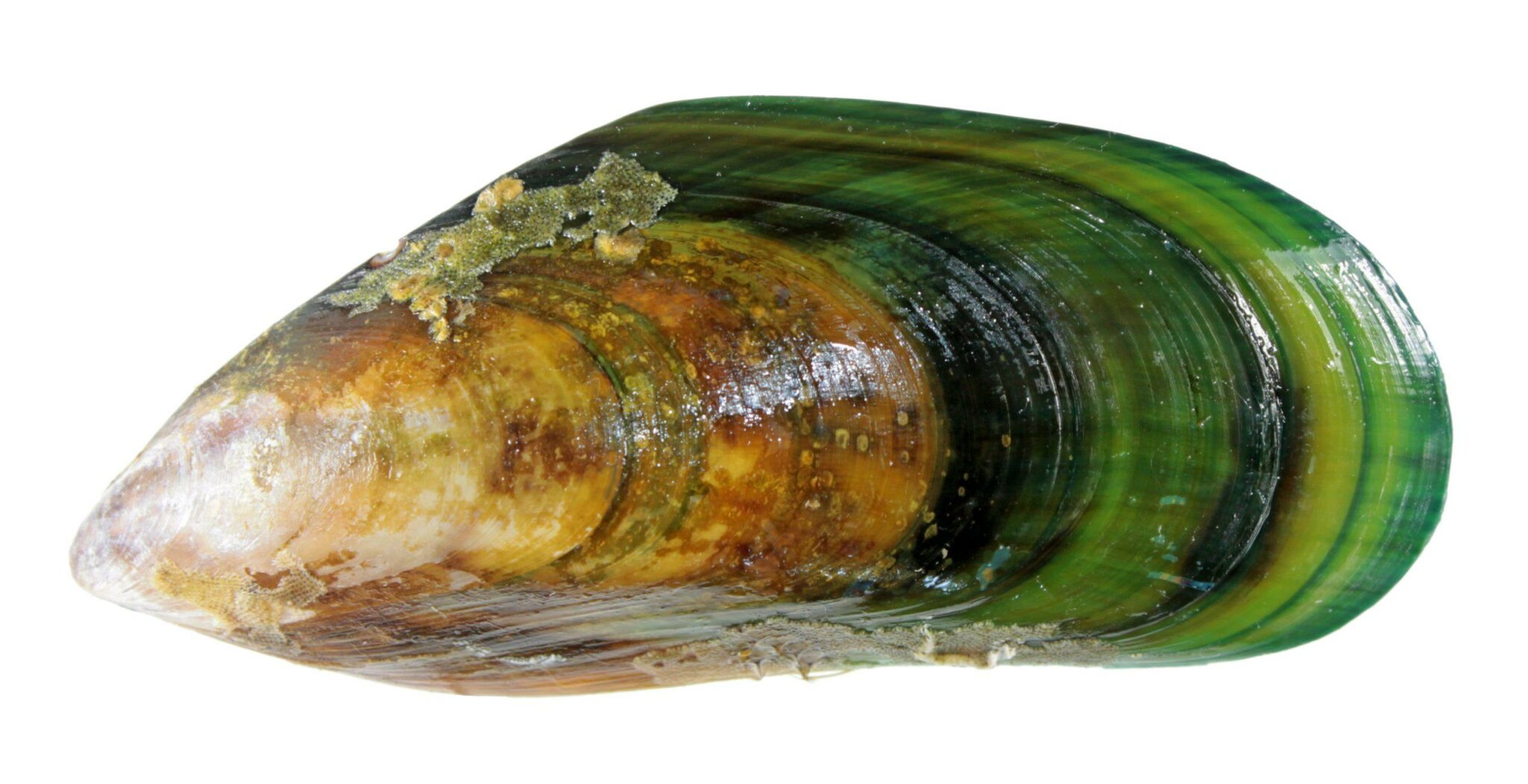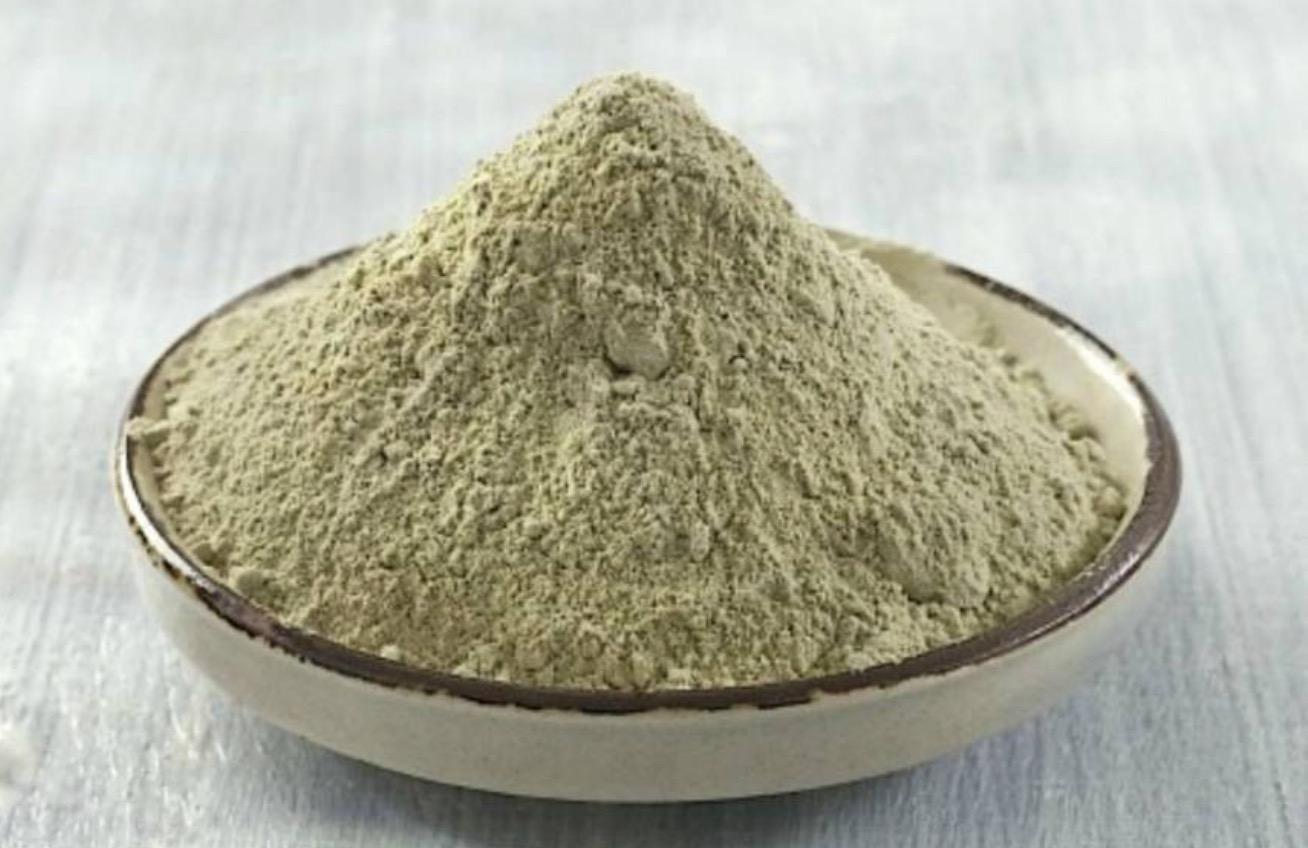Vitamin D is an essential fat-soluble vitamin, which is important for regulation of absorption and retention of calcium and phosphorous, which ultimately keeps bones strong. Vitamin D has also been proven to reduce inflammation, help in infection control, and also reduce the growth of cancer cells. Here at My Pet Nutritionist, we see cases where Vitamin D deficiency may have an effect on the progress of the dog’s health. In this article, we look at the main signs your dog may be deficient!
Around 75% of dogs are diagnosed with Vitamin D deficiency!
Allergies/intolerances
Probably the most common topic here at My Pet Nutritionist; Allergies and Intolerances can be a sign of Vitamin D deficiency. Vitamin D deficiency is predominantly associated with respiratory allergies, but can also be associated with dietary allergies and intolerances.
The reason Vitamin D deficiency affects the lungs, which presents as respiratory allergies, is because Vitamin D is essential for lung development, and maintenance – take that away, and lung development is compromised.
Vitamin D is also a contributor to immunomodulation. As we know, allergies and intolerances are massively down to a poor immune system, which often needs remodulation to overcome intolerances; this means that a lack of Vitamin D can cause issues with modulation of the immune system, which leads to allergies and intolerances.
Findings Here
Findings Here
Findings Here
Hair Loss
Another health problem related to immunomodulation, hair loss is a symptom of Vitamin D deficiency. Another factor which contributes to hair loss, is inflammation. Inflammation of the skin can cause hair loss, and Vitamin D has anti-inflammatory properties, which helps control, and reduce hair loss.
Vitamin D is essential for differentiation of Keratinocytes; part of the follicle cycle. If differentiation of these cells is poor, and their amounts cannot be rapidly increased due to low Vitamin D levels, hair growth will remain slow, or will stop all together.
Several autoimmune disorders have been linked with low Vitamin D during testing, which can also lead to hair loss.
Those with a lack of Vitamin D may suffer with a poorly modulated immune system, as well as excess inflammation within the body, so may suffer from mild, or excessive hair loss.
Findings Here
Findings Here
Findings Here
Skeletal Pain and weakness
In the veterinary world, when there is skeletal pain and weakness, for no visible reason, it is deemed ‘nonspecific’ musculoskeletal pain. Pets suffering with nonspecific musculoskeletal pain may have a Vitamin D deficiency. The skeletal pain could be in any part of the dog, whether it’s spinal, on the leg, ribs, or other bones and joints in the body.
Studies show that increasing the Vitamin D in the blood serum of individuals suffering from skeletal pain and weakness, significantly reduces the pain and weakness being experienced.
As one of the main roles played by Vitamin D is regulation of calcium and phosphorus in the skeletal system, if this is suppressed, and the ratio between calcium and phosphorous is off balance, the bones will become weak, and easy to break, as well as causing pain.
Vitamin D dependent Rickets is a risk associated with Vitamin D deficiencies too. This occurs congenitally, and is caused by the inability to metabolise Vitamin D sufficiently.
Findings Here
Findings Here
Findings Here
Restlessness/depression
There are links between Vitamin D and the nervous system, the lack of Vitamin D in the body, and sleep deprivation as well as anxiety and depression. Links have been suggested in numerous studies, of Vitamin D playing a role in the circadian rhythm; the sleep-wake cycle. Both the inability to sleep, and also lack of sleep quality have been associated with low Vitamin D.
Findings Here
Findings Here
When it comes to depression and anxiety, studies have shown that supplementing the diet of those showing depressed or anxious behaviours, with Vitamin D, has positive effects. This topic is still being explored in the animal sector.
Findings Here
Findings Here
Muscular weakness
Vitamin D deficiency has been linked on numerous occasions, with muscle weakness, which can lead to collapsing episodes, and issues using the legs. Severity can vary between individuals. In humans, muscle weakness has been proven to be reversed through the use of dietary Vitamin D supplementation.
Muscular weakness can also be as a result of a congenital condition which affects Vitamin D metabolism.
Findings Here
Findings Here
Findings Here
Dietary Sources of Vitamin D
Nominal amounts of Vitamin D may be absorbed by the body from environmental exposure to the sun, although diet is the most efficient and major source. Some dietary sources of Vitamin D include:
- Oily fish
- Egg yolk
- Liver
- Red meats
If you feel your dog may be suffering from a lack of Vitamin D, or require general dietary advice, book in with one of our team!
Team MPN x


